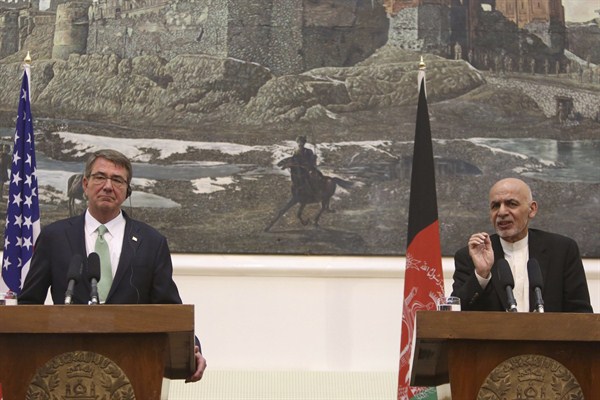A “less is more” school of thought seems to be emerging in Western capitals where policymakers, public intellectuals and on-the-ground practitioners are trying to find ways to improve the outcomes of international interventions and post-conflict stabilization operations. It may be a fine-tuned judgment about the limited effectiveness and disappointing track record of past efforts, and also about the capacities of receiving countries to absorb aid and technical assistance. But it’s also an expression of the crisis of confidence in Western countries about their core activities to make the world a better place.
Syria is the extreme example that raises doubts about the feasibility and effectiveness of international interventions to alter conditions in war or improve political environments. The Obama administration is still sticking to its theory that a robust American role in support of Syrian rebels early in the civil war would have been a mistake, leading to more civilian casualties with no guarantee of success. President Barack Obama has tried to make a virtue of his restraint, and of his discipline in deciding where an American intervention will likely tamp down conflict, shift the balance of power in an internal struggle, and eventually lead to a political process for change. For him, Syria did not meet these criteria for the use of force.
Obama’s “red line” on chemical weapons use that ultimately turned into a U.S.-Russian political initiative to remove and destroy Syria’s chemical weapons stockpiles in 2013 was one discrete chapter in the Syrian saga. That was a clear case where diplomacy rather than force achieved the stated objective. But many experts, and Syrians themselves, believe that the more muscular intervention that Obama promised in response to his red line being crossed would have changed the course of the war, in favor of the rebels. We’ll never know.

